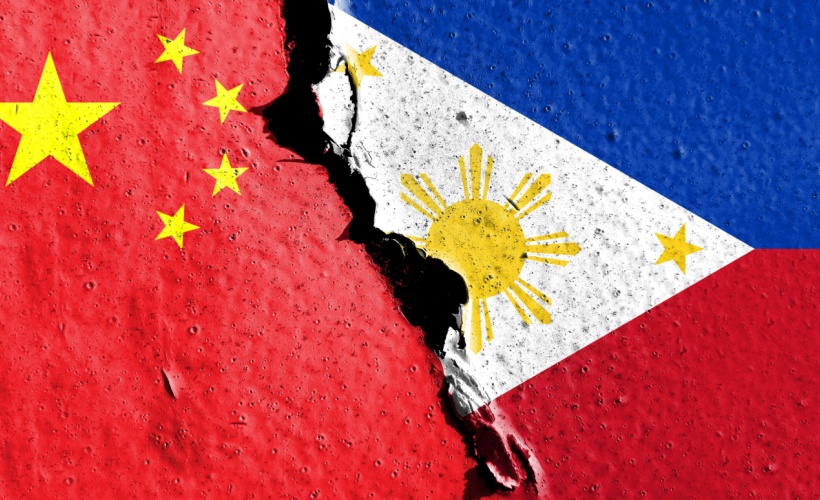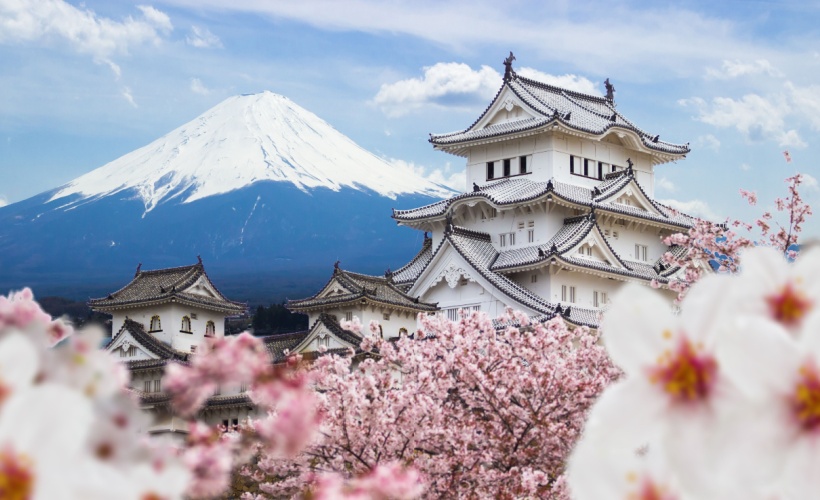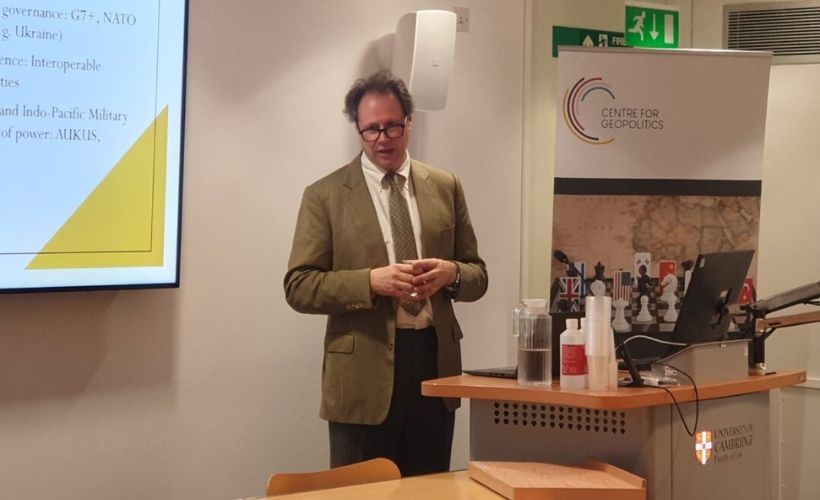South Korea’s National Assembly elections represent public vote of no-confidence for President Yoon and conservative governing party
By Dr John Nilsson-Wright, Head of the Japan & Koreas Programme
The Republic of Korea (ROK)’s governing conservative People Power Party (PPP) suffered a landslide defeat on April 10th in the country’s regular quadrennial elections to the country’s National Assembly. While the PPP saw a modest rise in its presence in the 300-seat assembly, from 101 to 108 seats, the main progressive opposition, the Democratic Party of Korea (DPK) experienced a sharp rise in its representation from 142 to 175 seats. Together with other, smaller progressive parties, the combined opposition parties now command 192 seats, posing a major challenge for the government of President Yoon Suk-yeol given the Assembly’s ability to impede the progress of government legislation. This unambiguous defeat is a clear public expression of discontent with the government, representing the first time that a South Korean president has confronted an opposition-dominated parliament for the entire course of a five-year presidential term.
The proximate causes of the government’s electoral defeat have been widespread public dissatisfaction with rising consumer prices (averaging 3.1% on the year to March 2024 and concentrated in agricultural, livestock and fishery prices), the government’s failure to address the impact of a junior doctors strikes (prompted by the administration’s efforts to deal with a shortage of qualified medical personnel), and the perception that the government has been overly dirigiste and heavy-handed in responding to its political opponents. Since assuming office in May 2022, President Yoon, a former prosecutor with limited prior political experience, has seen his popularity decline from around the 50% mark to the mid to high 30% level, dented by criticisms that he has been unskilled in handling his interactions with the media, overly focused on muzzling his critics and too willing to use the special prosecutor’s office to attack his political opponents.
In a political environment increasingly dominated by left-right adversarial tensions and a moralistic discourse in which political opponents routinely question the legitimacy of their rivals, the election had a distinctly populist character. President Yoon’s reputation has been undermined by suggestions that he acted inappropriately in nominating his former defence secretary, Lee Jong-sup to serve as Ambassador to Australia, allegedly in an effort to shield him from investigations into the death of a young marine in 2023. Additionally, the wife of the President, Kim Keon Hee, has long been a controversial figure with her reputation recently thrown into question as a result of an incident in which she reportedly received a luxury handbag without declaring it as a gift – opening her up to charges of corruption.
Opposition politicians are not immune from similar charges of corruption. Lee Jae-myung, the leader of the DPK, is facing no fewer than five charges relating in part to claims that he was previously involved in illegal speculative land deals. Cho Kuk, a former Justice Minister, and head of the newly established Rebuilding Korea Party (RKP), is appealing a two-year prison sentence for his role in assisting his daughter to gain admission to university fraudulently. For both individuals, the political stakes associated with their legal troubles are very high. If Lee is convicted and if Cho loses his appeal not only will they face legal punishments, including possible prison sentences, but they will be forced to relinquish their parliamentary seats. The RKP inaugural election has been a resounding success with the party netting 12 seats in the proportional representation share of the National Assembly election. While small by comparison with the seat representation for the PPP and DPK, the RKP is now officially the third largest party in the parliament and Cho has committed to pursuing the corruption charges against the First Lady, further underlining the scorched earth, uncompromising conventions of South Korea’s populist style of politics.
Domestic deadlock for Korean politics, but foreign policy continuity
Defeat for the government suggests that President Yoon will find it difficult to make much headway with his domestic policy agenda. Wisely, the President struck a conciliatory tone following the election, describing himself as “humbled” by the public verdict and pledging to take time in appointing a new prime minister, cabinet and senior advisory officials. He can take some small comfort from the opposition’s failure to secure a decisive two-thirds majority of 200 plus seats which would have enabled it to launch impeachment proceedings against the President – a not insignificant risk, to revise the Constitution or to overturn the president’s ability to veto parliamentary legislation.
For its part, the opposition would be wise to tread carefully. Initial feedback from the election suggests that the public, which remains very much engaged in politics (judging from the record-high turnout at 67%, the highest in 32 years), voted against the government rather than actively for the opposition. Lee’s legal woes and a general mood of public dislike of mudslinging and adversarial politics suggest that the pendulum of South Korean politics will continue to swing erratically, depending on the competency of the government and the state of the economy, a key issue for voters.
In the meantime, President Yoon will likely choose to focus on his signature foreign policy issues, not least strengthening trilateral cooperation with the United States and Japan and maintaining strong deterrence against North Korea. With Kim Jong-un emboldened by his closer ties with both Russia and China, particularly in the wake of visits by senior Russian and Chinese officials to Pyongyang (Sergei Naryshkin, Russia’s intelligence chief in March, and Zhao Leji, China’s third-ranking official in April), the North is likely to be willing to embrace more provocative diplomatic and potentially military measures, including more active testing of its missile and satellite capabilities and potentially at some point a seventh nuclear test. Fears that the North may be preparing for war on the peninsula are probably exaggerated but future low-level skirmishes around the contested Northern Limit Line in the West Sea and potential drone-based incursions over land may heighten the risk of conflict through miscalculation and misperception (reinforced by the absence since 2023 of formal direct phone line communication between the North and South).
While the opposition leader Lee has struck an explicitly conciliatory attitude towards China, signalling that he is uninterested in supporting US regional security efforts, especially over Taiwan, while also accusing Yoon of betraying South Korea’s national interests in developing a closer, pragmatic partnership with Japan, Yoon is unlikely to modify his foreign policy posture to adapt to opposition preferences. Moreover, public opinion has become more explicitly anti-Chinese and amidst fears that a Trump victory in November may lead to a US partial or more extensive abandonment of its security guarantees to the ROK, the public is likely to favour strengthened defence efforts by the government, including possibly the embrace of indigenous nuclear weapons (a posture associated with a newly emerging nuclear populism, favoured by 70% of the South Korean public).
Last week’s elections are a reminder for South Korea’s leaders that the public’s support cannot be taken for granted and that governing from the centre ground, delivering effective policies bolstering both economic and national security, while reinforcing the integrity of national institutions and confidence in elected politicians will remain vitally important.







